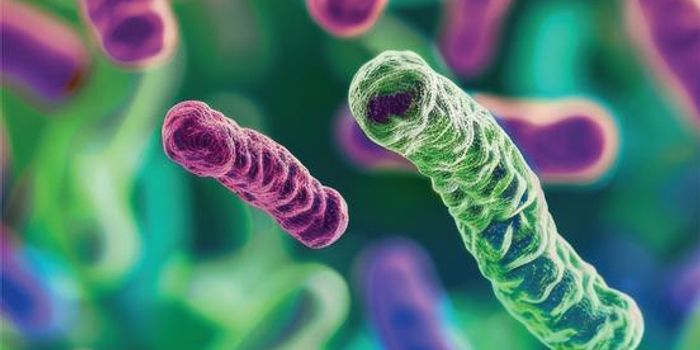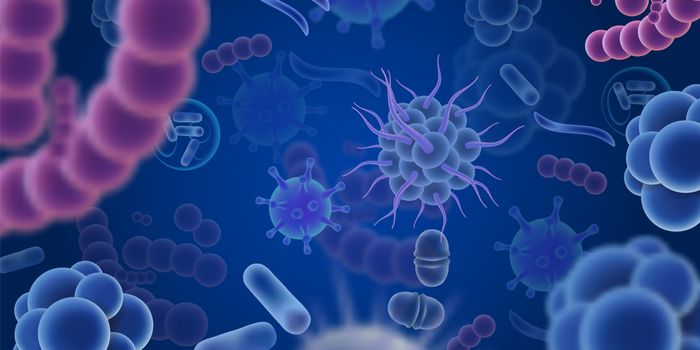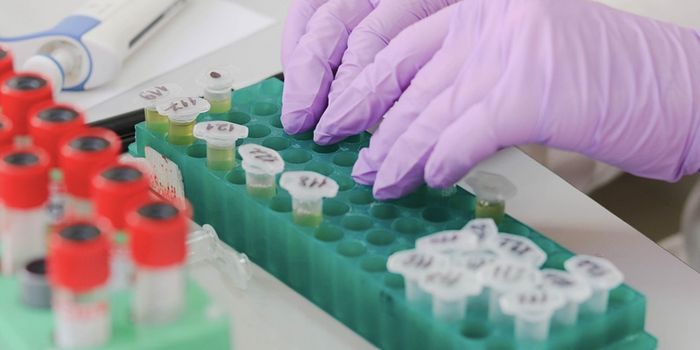Your stomach growls and you think, “it’s telling me that it’s time for lunch.” However, it’s mostly the brain that’s responsible for sending this message, with specific regions of brain tissue and specific neurons charged with dealing with hunger and satiety. This unique and complex connection is also related to other sensations like love, fear, safety, and danger. In a new study from Duke University, scientists unfold the mystery of the nervous system’s connection to the immune system and gut inflammation.
Years ago, Duke professor Alejandro Aballay, PhD, and his lab first discovered the immune-nervous connection while studying the immune system of a common model organism: the nematode worm,
C. elegans. Out of thousands of chemicals tested for activating the immune system to protect against pathogens, Aballay found a small group of chemicals that both led to an immune response and acted as dopamine antagonists. In the current study, published recently in
Current Biology, Aballay sets out to break down the role of dopamine in immunity.
“We’re talking about an existing set of drugs and drug targets that could open up the spectrum of potential therapeutic applications by targeting pathways that fine-tune the inflammatory response,” Aballay said. As his research continues, the list of applications for applying this new potential therapy only grows longer, ranging from autoimmune disease and cancer to neurological diseases like anxiety, depression, and Alzheimer’s.
Aballay started out by tweaking the dopamine signaling pathway of the nervous system in
C. elegans by treating specimens with a dopamine antagonist drug, chlorpromazine, which is currently used to treat schizophrenia and manic depression in humans.
C. elegans is a great outlet for Aballay’s research because of its small number of neurons: 302 as compared to more than 100 billion neurons in the brains of humans. Also easily studied is the simple, rudimentary immune system in
C. elegans.
Of the nematodes treated with chlorpromazine, Aballay saw a significant increase in resistance to infection by a common bacterial pathogen called
Pseudomonas aeruginosa. But when treated with dopamine, Aballay saw the opposite effect - the nematodes were significantly more vulnerable to
P. aeruginosa infection.
Aballay believes that his current findings prove to be a significant opportunity for changing the way scientists and doctors approach treating bacterial infections in humans, especially in the face of growing antibiotic resistance and more research showing the importance of a healthy gut microbiome.
“Humans have trillions of microorganisms in our guts, and we have to be careful when activating antimicrobial defenses so that we mainly target potentially harmful microbes, without damaging our good bacteria, or even our own cells, in the process,” Aballay said. “The nervous system appears to be the perfect system for integrating all these different physiological cues to keep the amount of damage in check.”
Aballay plans on continuing his studies with dopamine antagonists and the immune response, with specific hopes to separate the effects of certain drugs like chlorpromazine on the immune system and on psychosis by testing different doses of different drugs.
Source:
Duke University









